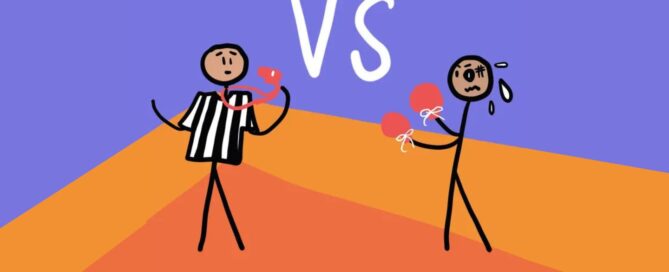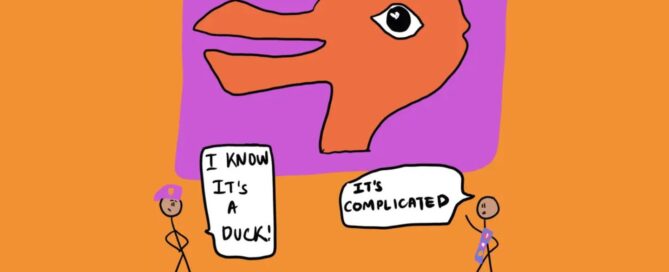When NOT to Have a Strategy
As a strategist, one of the pieces of advice I give most often is: stop doing strategy. Let me be clear: this is not the preamble to a bullsh*tty sales pitch. I’m not trying to tell you that you can’t do strategy on your own—that you just NEED my services, because I do strategy in a way that they can’t.




